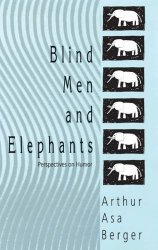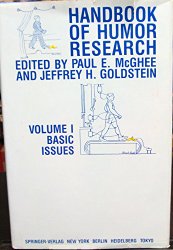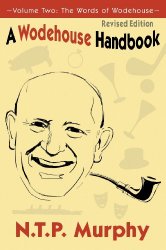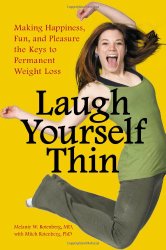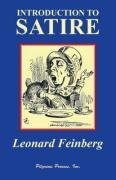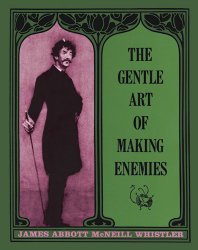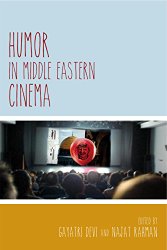Blind Men and Elephants: Perspectives on Humor (Classics in Communication and Mass Culture)
In Blind Men and Elephants, Arthur Asa Berger uses case histories to show how scholars from different disciplines and scholarly domains have tried to describe and understand humor. He reveals not only the many approaches that are available to study humor, but also the many perspectives toward humor that characterize each discipline. Each case history sheds light on …
